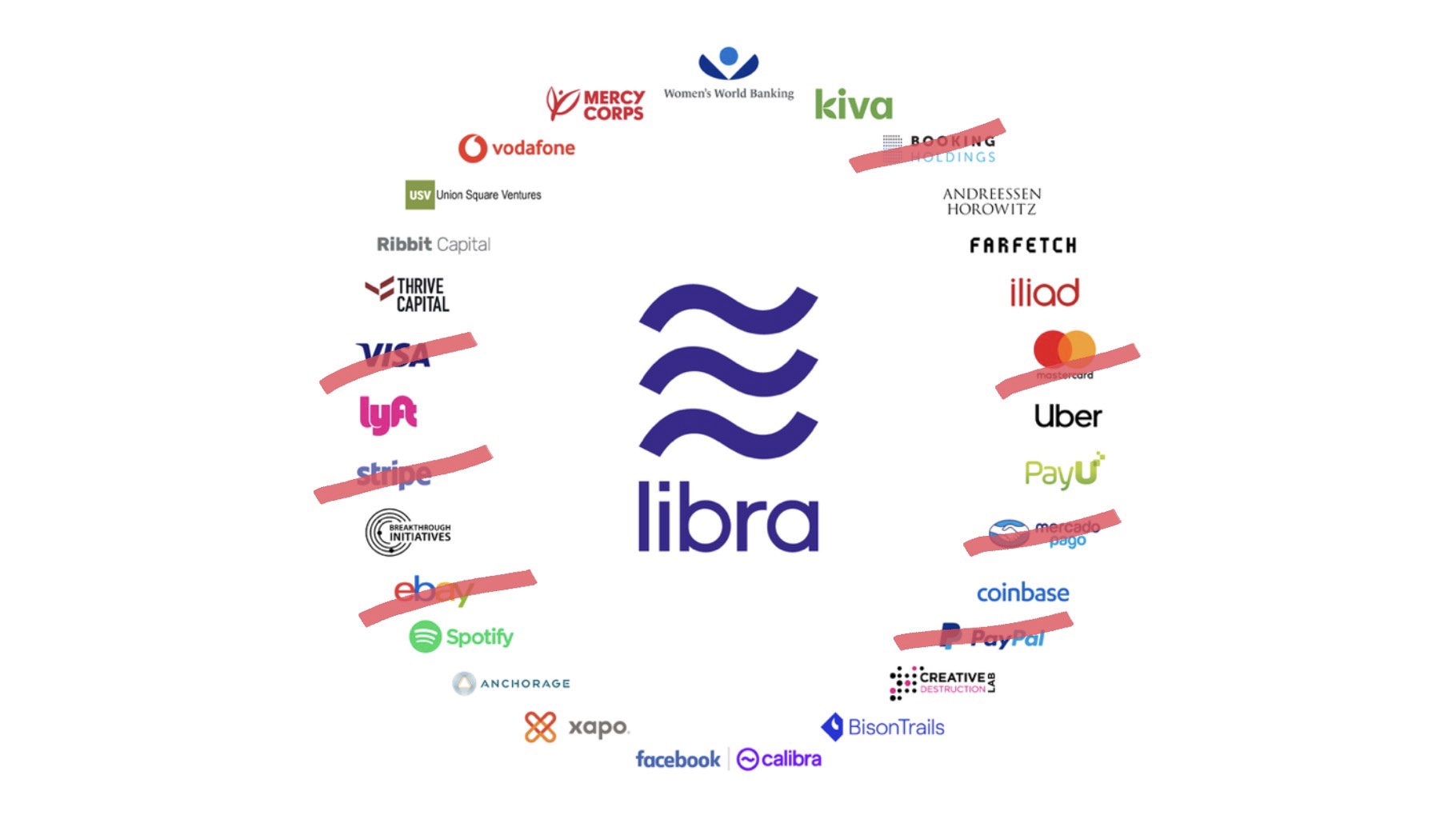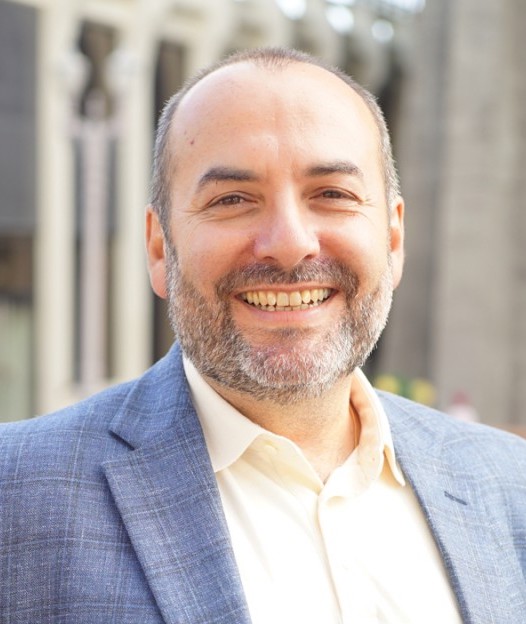
Attempting to signal its popularity despite high-profile defections from Visa, Stripe and more, the Facebook-led cryptocurrency Libra Association announced that 1,500 organizations have expressed interest in joining the Libra project — 180 of those meet eligibility requirements to become members, which could replace the seven companies that dropped out of the Association this month, including Kayak owner Bookings Holdings today.
This new crop of potential recruits could help the Libra Association reach its 100-member goal ahead of a scheduled 2020 launch that looks likely to be delayed by intense regulator pushback.
The announcement came out of the first official meeting of the Libra Association today in Geneva, Switzerland. The group appointed its board of directors: Facebook’s head of its cryptocurrency Calibra team David Marcus, Andreessen Horowitz’s Katie Haun, Xapo’s Wences Casares, Kiva Microsystems’ Matthew Davie and PayU’s Patrick Ellis. Marcus’ inclusion should be no surprise, given he’s been the public face of Libra, even though his former company PayPal pulled out of the Association. Marcus writes that he’s “honored to have been voted in.”
Another former PayPal’er Bertrand Perez was formally named the Libra Association’s COO and Interim Managing Director after unofficially holding these titles. The former senior director of payments engineering at PayPal is now also the chairperson of Libra’s five-member board and full-membership council. “We have no vocation to play the pirates” he told news outlet Revyuh last month, noting “if, for example, the European Central Bank still refuses us the right to operate in Europe, we will not do it, we do not intend to play the pirates, we respect the legislation.”
Libra’s head of communications and policy Dante Disparte formerly of Risk Cooperative and head of business development Kurt Hemecker formerly of Zong had their roles confirmed too.

The remaining Libra Association members listed below signed the Libra charter. They’ve agreed that members can leave for any reason, and with some restrictions transfer their membership plus $10 million in Libra Investment Tokens stake to another eligible organization.
- Payments: PayU (Naspers’ fintech arm)
- Technology and marketplaces: Facebook/Calibra, Farfetch, Lyft, Spotify AB, Uber Technologies, Inc.
- Telecommunications: Iliad, Vodafone Group
- Blockchain: Anchorage, Bison Trails, Coinbase, Inc., Xapo Holdings Limited
- Venture Capital: Andreessen Horowitz, Breakthrough Initiatives, Ribbit Capital, Thrive Capital, Union Square Ventures
- Nonprofit and multilateral organizations, and academic institutions: Creative Destruction Lab, Kiva, Mercy Corps, Women’s World Banking
- No Longer Members: Visa, Mastercard, PayPal, Stripe, Booking Holdings, eBay, Mercado Pago

The Libra Association members
The Libra Association did not announce any changes in strategy or other plans that could help the organization assuage regulators’ fears. One path suggested by Libra Association member Andreessen Horowitz’s partner Chris Dixon was to move to Libra being denominated in U.S. dollars rather than being pegged to a basket of international currencies. That might quiet concerns about Libra potentially competing directly with the US dollar.
This leaves the reveal of the 180 potential members as the biggest news from the meeting. A Libra Association spokeperson writes:
“Since the Libra project was announced on June 18th, 2019, it has generated excitement around the world. the Libra Association confriemd that over 1,500 entities have indicated interest in joining the Libra project effort, and approximately 180 entities have met the preliminary membership criteria shared at Libra.org.”
Those requirements include businesses hitting two of three thresholds of a $1 billion USD market value or $500 million in customer balances, reaching 20 million people a year, or being recognized as a top 100 industry leader. There are other criteria for cryptocurrencies businesses, non-profits, and universities.

The Libra Association chairperson, COO, and interim managing director Bertrand Perez
However, we don’t have information on when the interest of those 1500 potential partners was tallied. The withdrawl of Mastercard, PayPal, and more, comments from regulators intent on blocking the currency, and Marcus’ tense questioning on Capitol Hill could have since scared off some would-be allies.
Marcus and Perez face an uphill battle to get Libra to market. Not only do they have to prove it’s safeguarded against fraud, moneylaundering, and hurting sovereign currencies. They also must tangle with the toxic brand Facebook has developed over the years. Legislators who feel like the social network is too big are seizing on their second chance to constrain it with Libra.

